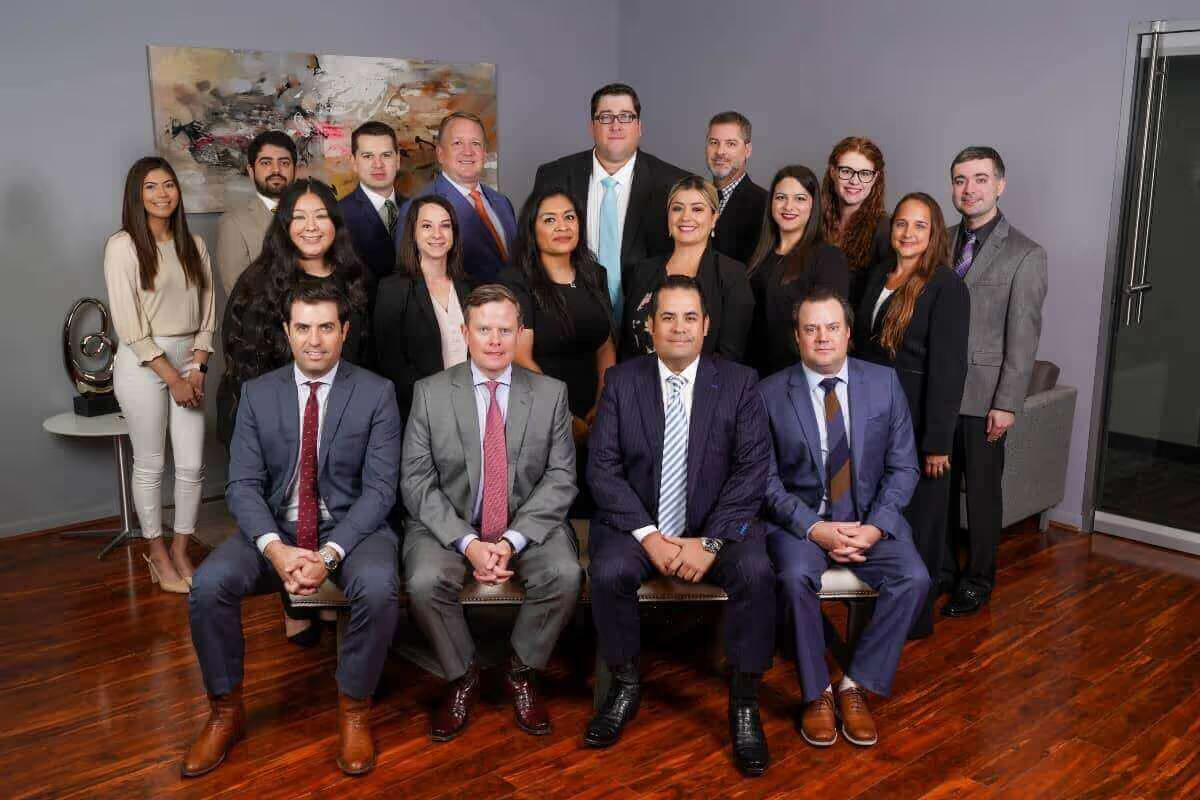Actions Against Non-Employer Vessel Owners
Hiring a lawyer is the first step towards recovering a better quality of life. At Osborne & Francis, we devote our undivided attention to each client, and all communications are held in the strictest privacy. Contact us by filling out the form or calling us directly at (561) 293-2600.
By Pierce | Skrabanek
Published on:
July 11, 2014
Updated on:
April 7, 2024

.avif)
.avif)


There is a special law that applies when an injured party seeks to bring claims against a vessel owner who does not employ that injured party. Recovery for injury to a person, other than a Jones Act seaman, working on the Outer Continental Shelf is governed by the LHWCA, 33 U.S.C §§ 901-950 (1982).Lormand v. Superior Oil Company, 845 F.2d 536, 541 (5th Cir. 1987). Section 905(b) of the LHWCA permits a worker to recover from a vessel owner for personal injury “caused by the negligence of [the] vessel.” 33 U.S.C. § 905(b). The right to pursue a negligence action against the owner of a vessel under section 905(b) of the LHWCA is exclusive of other theories of recovery.
There are three avenues available to pursue a vessel owner under section 905(b). The United States Supreme Court, in Scindia Steam Navigation Co. v. De Los Santos, 451 U.S. 156, 101 S. Ct. 1614, 68 L.Ed.2d 1 (1981) outlined these three avenues in the form of duties owed by the vessel owner to the injured party. Those duties included: (1) the turnover duty; (2) the active control duty; and (3) the duty to intervene. As such, breach of any one of the duties, assuming causation is satisfied, will yield recovery for an injured party.
The turnover duty places two responsibilities on the vessel owner. First, the owner owes a duty to exercise ordinary care under the circumstances to turn over the ship and its equipment in such condition that the potential plaintiff can carry on stevedoring operations with reasonable safety.
The active control duty is triggered whenever the vessel owner or crew retains operational control over the area in which the injured party sustains the injuries. However, if the vessel relinquishes control over an area or piece of equipment, the active control duty is extinguished.
The duty to intervene applies where vessel owner has actual knowledge of a hazard and that the potential plaintiff or his/her company will work in the face of that hazard, but fails to intervene to stop that work. Importantly, the vessel owner must appreciate that the potential plaintiff has used “obviously improvident” judgment in choosing to work in the face of the hazard. This is the toughest of the Scindia duties for a plaintiff.




